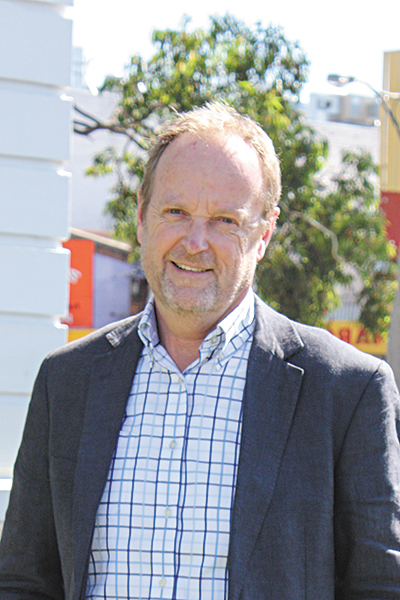The City of Darebin recently won an Award for Environmental Justice at the Victorian Premier’s Sustainability Awards for enabling almost 300 pensioner households to benefit from solar electricity. The City’s Environmental Strategy Coordinator Gavin Mountjoy explains why other councils should follow their lead.
The local government sector must take an active role to ensure that the health and wellbeing of older people is not compromised by climate change and escalating energy costs. To meet these challenges, as Australia’s population continues to age, it is becoming increasingly important for councils to devise innovative programs to prevent deaths and improve the health and wellbeing of tens of thousands.
Our solution at the City of Darebin was to develop an initiative through which we removed the upfront costs for pensioners to install a solar system. Pensioners repay an interest free loan through their council rates over a 10-year period through a special rate charge. During that time the participants will save about $100 more in energy costs than they will pay in loan repayments each year. Its beauty is in its simplicity and we believe our peers across the nation can and should, replicate it.
But, why is this important? We know that the science of climate change tells us we need to prepare for increasing temperatures and more frequent extreme heat events in the future. With a growing ageing population, the time to prepare for these changes has never been more important than now.
A study from Macquarie University analysed records dating back more than 160 years and found that since 1900, extreme heat events have been responsible for more deaths in Australia than the combined total of deaths from all other natural hazards (barring disease epidemics). For example, while 173 people died in the 2009 Black Saturday fires, 374 people died from heat stress during the same period.
Through our own surveys and health and aged care work with older people, we know that many pensioners on fixed incomes are struggling to pay rapidly increasing household energy bills. Sadly, to keep a lid on bills, we learned that many of them will not operate their air-conditioners and fans on the hottest days when they are most vulnerable to heat related illness and death.
We also learned that apart from upfront costs, another barrier preventing many older people from installing solar systems is a trust deficit with private operators in the solar and electricity industry. Pensioners are bombarded with advertisements that leave many confused about what product is right for them and what it should cost leaving many fearful that they will be duped into paying too much for the wrong product. Removing these barriers is where local government comes in.
By partnering with a reputable provider in the industry we have overcome the trust deficit. Through the provision of interest free loans we’ve removed the upfront costs. By reducing energy costs we have made it possible for people vulnerable to heat illness and death to afford to switch their air conditioners and fans on when the need to.
The program has been successful in meeting both our climate change objectives and is helping our city’s most vulnerable people. This year we have expanded the program so more people can benefit from it and we hope to see more councils replicating it.








